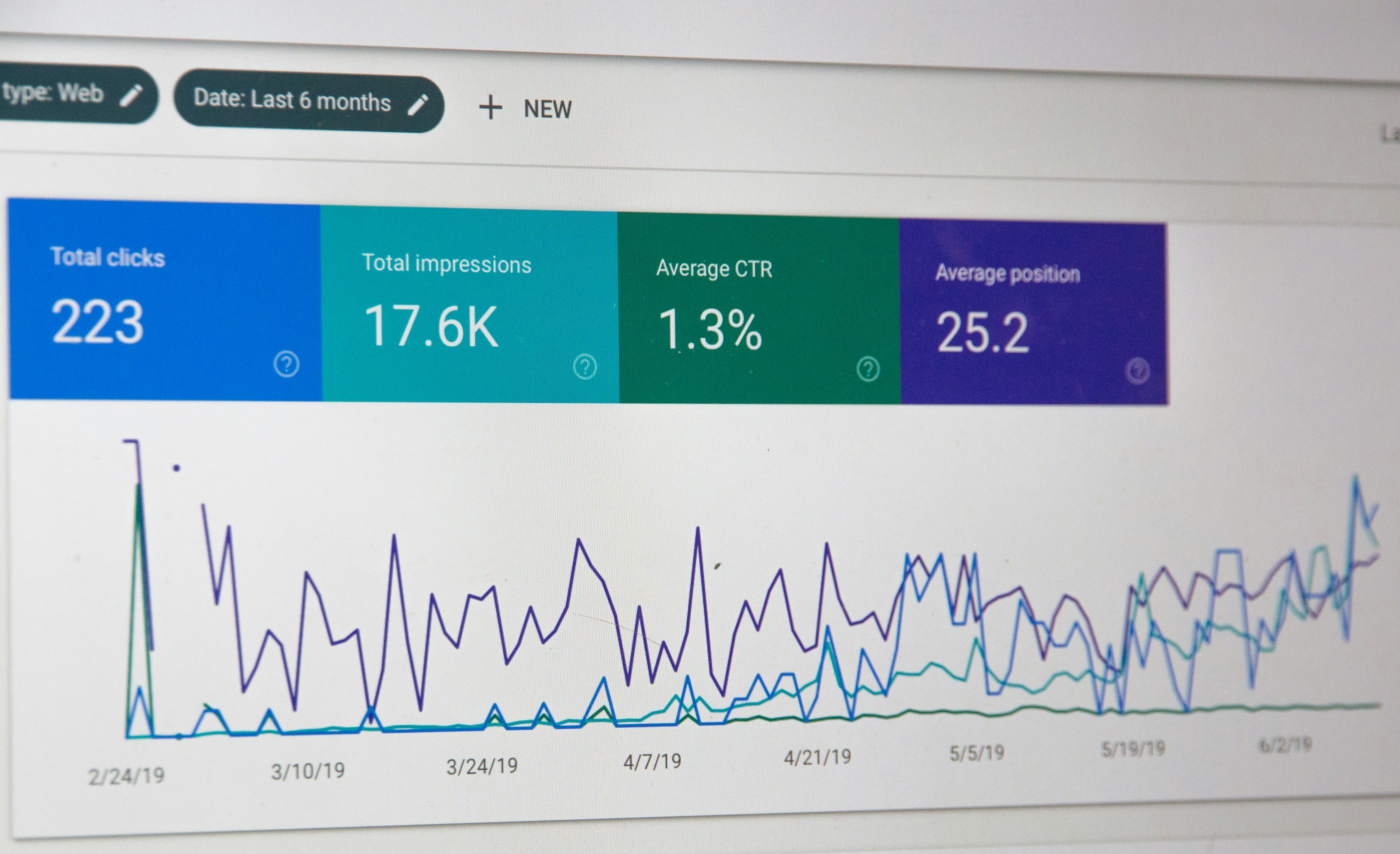What's white hat SEO and what's black hat SEO? How to do SEO right?
Are you feeling lost in the vast sea of SEO jargon? This is a mini guide to lead you through the maze of search engine optimization. In today's digital age where having a strong online presence can make or break your business, it's crucial to understand the different SEO techniques out there.
What is white hat SEO?
White hat SEO is a term used to describe ethical and legitimate methods of optimizing your website for search engines. Essentially, it's the practice of following Google's guidelines in order to improve your website's ranking without resorting to any sneaky or dishonest practices.
Some examples of white hat SEO techniques include creating high-quality content that provides value to users, optimizing page titles and meta descriptions with relevant keywords, building backlinks from reputable websites, and ensuring that your website structure is easy for both users and search engines to navigate.
One important thing to keep in mind about white hat SEO is that it takes time and effort. You won't see immediate results overnight - but by consistently using these tactics over time, you can improve your visibility on search engine results pages (SERPs) and build credibility with both users and search engines alike.
White hat SEO is all about playing by the rules while still staying competitive. It may take more work than some other strategies out there - but the long-term benefits are well worth it in terms of improved online visibility, increased traffic, and better user experiences on your website.
The benefits of white hat SEO
White hat SEO has numerous benefits that can significantly impact your website's success. First and foremost, it increases your site's visibility in search engines. This leads to a higher position on Search Engine Results Pages (SERPs), attracting more organic traffic.
Furthermore, white hat SEO ensures the quality of this traffic. By targeting specific keywords related to your business or industry, you attract visitors who are genuinely interested in what you're offering.
Another significant advantage is improved user experience. White hat techniques often focus on making your website more navigable and user-friendly.
Adhering to white hat practices protects you from penalties imposed by search engine algorithms for unethical tactics such as keyword stuffing or link farming. These penalties can result in decreased rankings or even removal from SERP listings entirely.
In essence, implementing white hat SEO is investing in long-term sustainable growth rather than quick but risky gains.
What is black hat SEO?
Black hat SEO refers to the unethical practices that aim at manipulating search engine algorithms to rank higher in search results. Black hat techniques include keyword stuffing, cloaking, link schemes, and hidden text.
Keyword stuffing involves overusing specific keywords within a page's content or meta tags to manipulate rankings artificially. Cloaking is presenting different content to users than what appears on the search engine result pages.
Link schemes involve buying links from low-quality websites or exchanging links with other sites solely for the purpose of increasing backlinks count without any concern about context relevance and quality. Hidden text involves using irrelevant keywords by hiding them behind images or fonts' color.
Search engines like Google penalize black hat SEO tactics severely; these penalties range from losing ranking positions to getting banned altogether from their indexes.
Thus it’s imperative not just choosing ethical white-hat SEO techniques but also avoiding anything even remotely connected with black-hat tactics if you want long-term success online.
The risks of black hat SEO
Black hat SEO is the practice of using unethical tactics to manipulate search engine rankings. While it may seem like a quick and easy way to achieve higher rankings, the risks far outweigh any potential benefits.
One of the biggest risks associated with black hat SEO is getting penalized by search engines. This can result in your website being removed from search results altogether or having your rankings drastically reduced. Not only does this damage your visibility online, but it can also harm your reputation and credibility.
Another risk of black hat SEO is that it often leads to poor user experiences for visitors to your site. Tactics such as keyword stuffing, invisible text, and cloaking may increase traffic temporarily but ultimately lead to high bounce rates when users realize they're not finding what they're looking for on your site.
Furthermore, black hat techniques are constantly evolving which means you have to keep up-to-date with new ones or risk becoming obsolete quickly. Additionally, as search algorithms become more sophisticated over time, these techniques will no longer be effective at all.
While black hat SEO might provide short-term gains in terms of ranking and traffic numbers; long-term success requires commitment towards white-hat practices that prioritize ethical optimization techniques above shortcuts.
How to do SEO right
By now, you know the difference between white hat and black hat SEO. While black hat techniques may seem tempting in the short term, they carry significant risks that can harm your rankings and reputation in the long run. Therefore, it's imperative to do SEO right by following white hat techniques that prioritize quality content, user experience, and ethical practices.
To achieve this objective effectively, start by conducting thorough keyword research to gain insights into what your audience is searching for. Then create high-quality content that meets their needs while adhering to Google's guidelines on factors such as keyword density and internal linking.
Additionally, optimize your website structure, metadata tags (title tags and meta descriptions), images with alt text descriptions for better accessibility of visually impaired users. Lastly but most important build a network of natural backlinks from authoritative websites within your niche industry.
Remember: search engine optimization should be viewed as an ongoing process rather than a one-and-done task. Consistency is key when it comes to implementing best SEO practices that not only improve site traffic but also establish credibility with both human visitors and search engines alike - which will ultimately lead to higher conversion rates!



